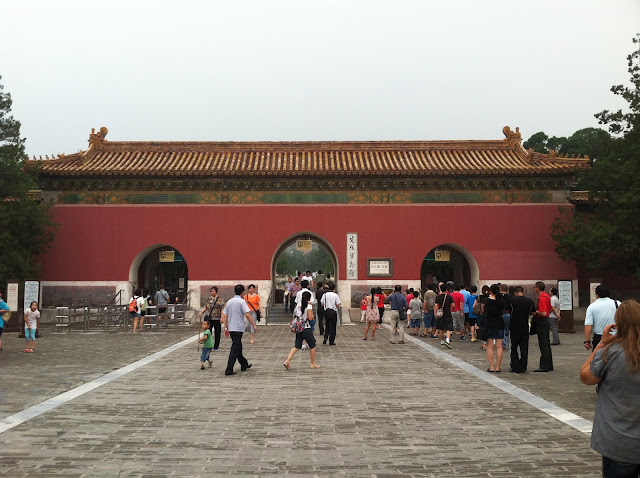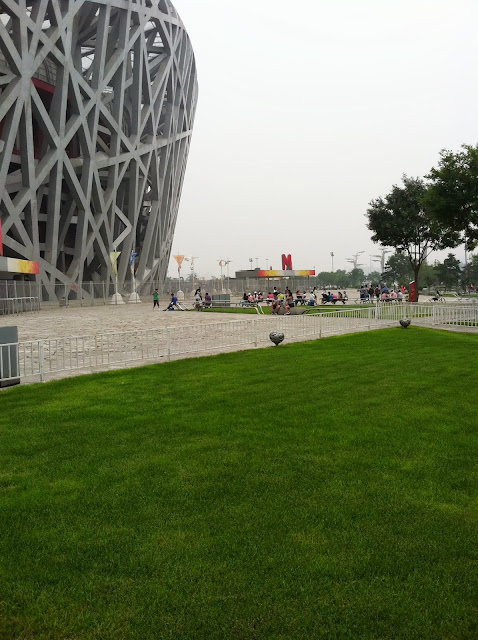"As followers of Christ, we are called to stand up for life..." Sister Dede Byrne, Little Workers of the Sacred Hearts
I have never advocated for a political candidate before in this blog. However, the stakes of this election are high. I have written about the modern-day holocaust of abortion happening in America today (Hidden Figures). The opportunity to confront this holocaust is on the presidential ticket in a big way this election, and Christians have a moral obligation to take notice. (https://youtu.be/WZrlXvNO9VQ)
Abortion: Does it Trump Everything Else?
Pro-lifers are sometimes accused of being single-issue voters. Ron Sider, an evangelical at Eastern Pennsylvania College, wrote an article entitled "Does Abortion Trump Everything Else", and argued that abortion does not trump everything else (1). He wrote: "...if one is truly pro-life, one must care about the sanctity of human life [not only from conception to birth, but also] from birth to natural death. There are many things that public policy shapes that kills persons created in the image of God. That includes poverty, lack of health insurance, racism, smoking, climate change and capital punishment."
I agree those are important issues, but are they all on equal footing and equivalent to abortion?
Frank Turek, a Christian apologist, responded that Sider fails to recognize a moral hierarchy in Christian ethics (2). For example, Turek wrote "If I fail to give a homeless person on the street $10, would that be just as bad as shooting him? Of course not, but that is what Sider seems to be saying here...that they are equal. There is no priority." Turek continues: "...when you think about this, the right to life is the right to all other rights. If you don't have life, you don't have anything."
Turek quoted his mentor Norman Geisler, Christian theologian and author, who wrote in Christian Ethics (3): "...not all moral laws are of equal weight. Jesus spoke of weightier matters of the law in Matthew 23:23. And the least of these, Matthew 5:19. And the greatest commandment, Matthew 22:36. He told Pilate that Judas had committed the greater sin, John 19:11."
If you thought Jesus wasn't involved in politics, think again. In Matthew 23, which was one of Geisler's examples in the previous paragraph, we find Jesus confronting the religious and political leaders of his day: “Woe to you, teachers of the law and Pharisees, you hypocrites! You give a tenth of your spices—mint, dill and cumin. But you have neglected the more important matters of the law—justice, mercy and faithfulness. You should have practiced the latter, without neglecting the former. You blind guides! You strain out a gnat but swallow a camel." Matthew 23:23-24.
 |
| Woe unto You, Scribes and Pharisees. James Tissot (1836-1902). |
I had never heard about a moral hierarchy (graded absolutism) in Christianity, but understanding it is crucial when contemplating abortion and other significant ethical issues as a Christ follower. Turek gives another example: "[graded absolutism] is applied even during, what we might say, are moral dilemmas. You know, if you're in Nazi Germany in World War Two, and you're hiding Jews in your attic, and you get a knock on your door...schnell, schnell...schnell, schnell. You come to the door, there are Nazi guards. Hast du hier Juden? What do you say? Well, you're not supposed to lie, right? Yeah, we got some Jews up in the attic right now. In fact, there's four of them up there. If you only see three, make sure you keep looking. No. You lie to protect innocent life. Why? Because there's a hierarchy of absolutes. And when you run into a conflict, you are exempted from the lower absolute to always tell the truth so you can fulfill the greater absolute, which is to protect innocent life. You have a greater duty to protect innocent life than you do to tell the truth to a guilty murderer." (2)
Turek concludes that rather than asking the question "Does Abortion Trump Everything Else?", we should ask the question that better reflects reality: "Does Murder Trump Everything Else". The answer is obvious - of course it does. Are you willing to say that you are okay with nearly one million murdered babies per year because you don't like Donald Trump's tone? I should hope not. I realize Trump isn't perfect, but let's remember we are voting for president, and not pastor of the U.S. It is his policies, not his demeanor, that will have long-lasting implications for our country (4,5,6).
Sister Byrne, quoted above, noted that "Donald Trump is the most pro-life president that this nation has ever had, defending life at all stages. His belief in the sanctity of life transcends politics. President Trump will stand up against Biden-Harris, who are the most anti-life presidential ticket ever, even supporting the horrors of late-term abortion and infanticide."
The Church and Politics
There are other issues Christians should be concerned about in this election. Eric Metaxas, bestselling author of books such as "Bonhoeffer" and "If You Can Keep It", has noted that Biden's promise to sign the Equality Act on day one of his administration would have chilling effects on religious liberty in America, including in areas of sexuality, marriage, and issues of life. (7)
Metaxas also commented that the Democratic Party's "common cause" with openly Marxist organizations such as Black Lives Matter and Antifa, are deeply troubling (7). To be clear, I passionately believe that all black lives matter, including the staggering number of black babies aborted (~300,000 annually), which is the leading cause of death in African-Americans and disproportionately eliminates members of this precious minority community in the U.S. (8,9). But I don't support the Black Lives Matter organization, which has a disturbing agenda of which most American's are probably unaware (10,11,12; https://youtu.be/8J68p5l-gjQ).
It is also important to emphasize the role of the next president in the appointment of judges, which will also have profound ramifications on the issues discussed herein, both for the church and our society, for many years to come. (4,5,6)
Many Christians seem to think they shouldn't be involved in politics, whether because they think their focus should be on preaching the gospel (I agree that is important), or perhaps it is because they are not paying attention to the important issues, or some may even be apathetic. However, it is actually very important for Christians to be involved in politics, as discussed brilliantly in this video by Frank Turek (https://youtu.be/BgXa5uzqXRk):
Politics affect many aspects of not only our lives (including our ability to freely preach the Gospel), but also the lives of the nearly one million murdered babies in the U.S. each year, who have no voice.
Sadly, except for a few pastors (e.g., Bonhoeffer), the church in Nazi Germany (circa 1933-45) refused to talk about politics because pastors thought that political parties shouldn't be mentioned — too messy and "earthy," while they were more "kingdom" minded. They praised Jesus while Jews were being slaughtered in the concentration camps (5). I think the church is dangerously close to the same place today. And I believe the hour is late, but not too late - yet.
It is time to wake up. (13)
Footnotes:
(1) https://ronsiderblog.substack.com/p/does-abortion-trump-everything-else
(2) https://crossexamined.org/does-abortion-trump-everything-else/
(3) Geisler, Norman L. 2010. Christian Ethics. Baker Academic.
(4) https://www.christianpost.com/news/can-you-be-christian-and-a-democrat.html
(5) https://www.christianpost.com/voices/5-reasons-why-christians-should-feel-comfortable-voting-for-trump-in-2020.html
(6) https://crossexamined.org/why-did-evangelicals-vote-for-trump/
(7)
https://www.christianpost.com/news/eric-metaxas-on-why-pastors-need-to-address-politics-black-lives-matter-and-woke-christianity.html
(8) https://thelifeinstitute.net/learning-centre/abortion-facts/issues/the-numbers
(9) https://abort73.com/abortion/abortion_and_race/
(10) https://blacklivesmatter.com/what-we-believe/
(11) https://m4bl.org/policy-platforms/
(12) https://www.heritage.org/progressivism/commentary/the-agenda-black-lives-matter-far-different-the-slogan
(13) Romans 13:9-12 (NIV): The commandments, “You shall not commit adultery,” “You shall not murder,” “You shall not steal,” “You shall not covet,” and whatever other command there may be, are summed up in this one command: “Love your neighbor as yourself.” Love does no harm to a neighbor. Therefore love is the fulfillment of the law. And do this, understanding the present time: The hour has already come for you to wake up from your slumber, because our salvation is nearer now than when we first believed. The night is nearly over; the day is almost here. So let us put aside the deeds of darkness and put on the armor of light.




















































